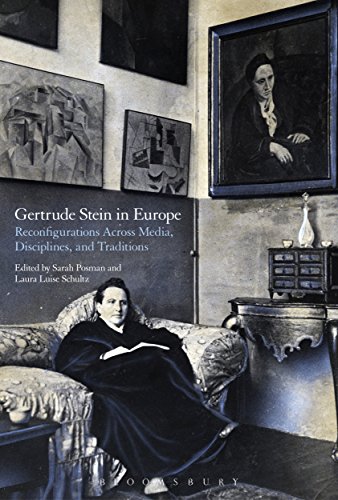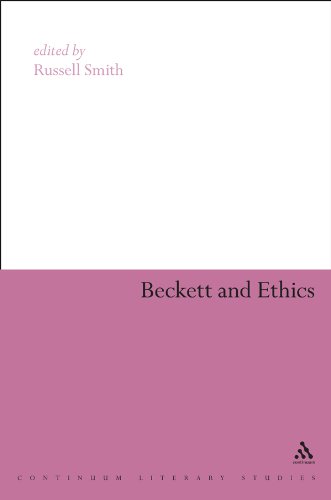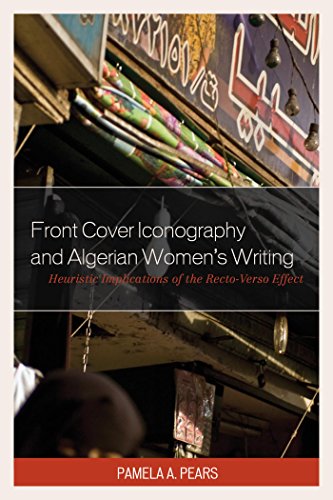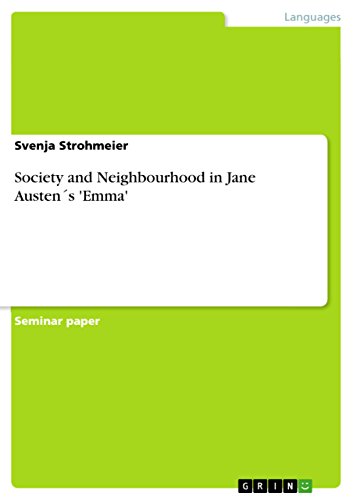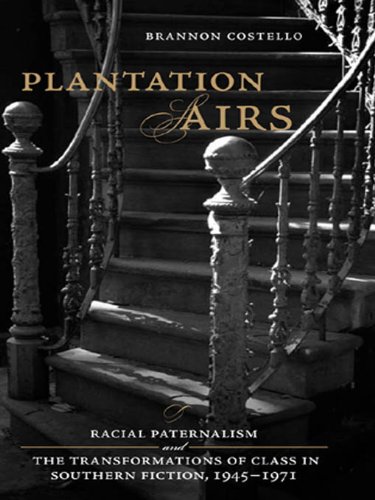In Plantation Airs, Brannon Costello argues persuasively for brand new awareness to the customarily overlooked factor of sophistication in southern literary reviews. concentrating on the connection among racial paternalism and social category in American novels written after international battle II, Costello asserts that good into the 20th century, attitudes and behaviors linked to an idealized model of agrarian antebellum aristocracy—especially, these of racial paternalism—were believed to be crucial for white southerners. the rich hired them to validate their identities as "aristocrats," whereas less-affluent whites used them to split themselves from "white trash" within the social hierarchy. Even those that weren't valid heirs of plantation-owning households discovered that "putting on airs" linked to the legacy of the plantation may perhaps align them with the forces of strength and privilege and provide them a degree of authority within the public enviornment that they may in a different way lack.
Fiction through Zora Neale Hurston, Eudora Welty, William Faulkner, Ernest Gaines, Walker Percy, and others unearths, besides the fact that, that the racial paternalism vital to category formation and mobility within the South used to be unraveling within the years after global battle II, whilst the civil rights circulate and the South's expanding industrialization dramatically altered southern existence. Costello demonstrates that those writers have been keenly conscious of the ways that the alterations sweeping the South complex the deeply embedded buildings that ruled the connection among race and sophistication. He extra contends that the cave in of racial paternalism as a way of organizing type lies on the middle in their most vital works—including Hurston's Seraph at the Suwanee and her essay "The ‘Pet Negro' System," Welty's Delta marriage ceremony and The consider center, Faulkner's The Mansion and The Reivers, Gaines's of affection and mud and his tale "Bloodline," and Percy's The final Gentleman and Love within the Ruins.
By interpreting ways that those works depict and critique the autumn of the plantation perfect and its aftermath, Plantation Airs shows the richness and complexity of the literary responses to this intersection of race and sophistication. realizing what number of the trendy South's most sensible writers imagined and engaged some of the elements of racial paternalism of their fiction, Costello confirms, is helping readers build a extra finished photo of the issues and contradictions of sophistication within the South.

